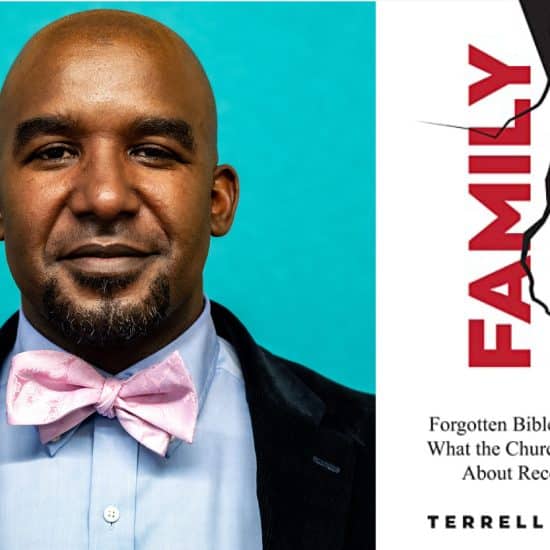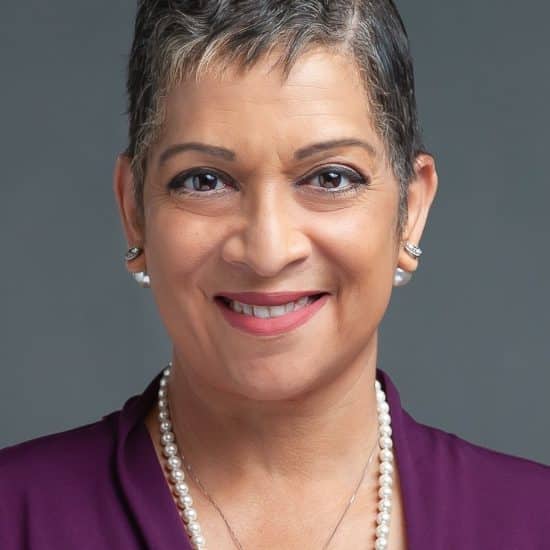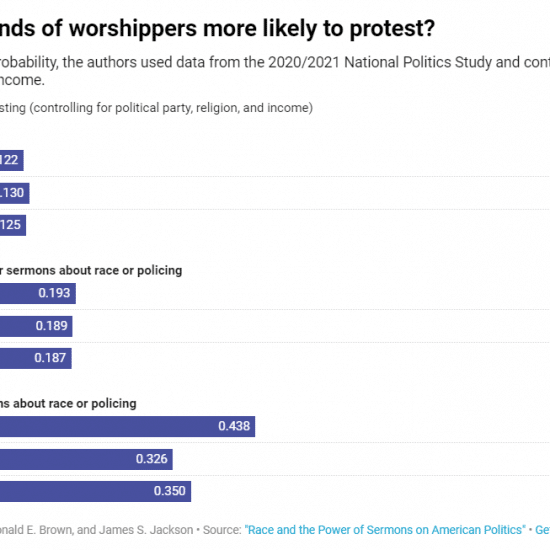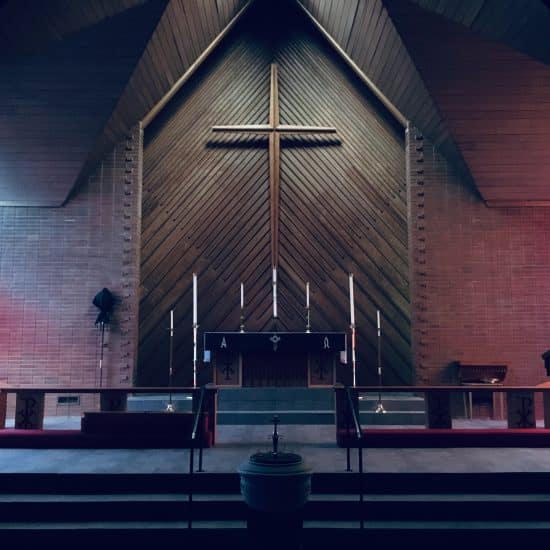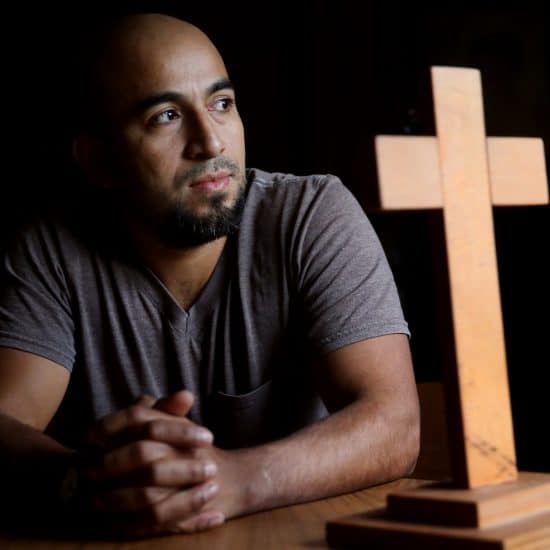Choosing to remain in its downtown setting may be one of the most significant decisions a church makes. But that's not the end of the story, according to pastors of several central city congregations, who suggested several next steps.
• Begin with low-hanging fruit. "Start small with block parties, trunk or treats, Easter egg hunts and Valentine's dances," said Bill Shiell, pastor of First Baptist Church in Knoxville, Tenn. "Then reflect on your success and build on it. Most great neighborhood partnerships begin with wins."
• Understand the context. "Learn your community and fall in love with it," said Tom Ogburn, pastor of First Baptist Church in Oklahoma City. Remaining downtown "is not a death sentence. It's a gift of life."
• Describe the community's strengths from the pulpit, said Bill Shiell, pastor of First Baptist Church in Knoxville, Tenn. "I've found that inviting community leaders to the church, telling stories and finding great visible examples become a way to help baptize the imagination with possibilities."
• Maintain excellence. "In most large cities, whatever a person is interested in is being done at a world-class level," said Steve Wells, pastor of South Main Baptist Church in Houston. Churches should aim for the same standard, he said.
In downtown churches, which often have a long history, that high standard often is reflected in its music, said George Bullard, strategic coordinator for the Columbia Partnership, a church consultancy. "Because of their heritage, they tend to have an excellent music ministry, which they work hard to sustain," he said. Musical excellence may be enhanced by a downtown church's sanctuary, which may be 50 years old or more, acoustically strong and include a pipe organ.
"The default standard in worship styles for Baptist churches is contemporary," said Wells. "Because of our architecture and the size of our city and our location in it, we do things a little differently. We have a robed choir, a pipe organ and instrumentalists. We're pretty traditional, and the caliber of music we do is high."
• Partner with a nonprofit. Both First Baptist in Knoxville and Third Baptist Church in St. Louis found value in collaboration with Dallas-based Bucker International. "They gave us tools and resources we didn't have before," Shiell said. "They taught us and trained us in asset mapping, community resourcing and becoming more focused on the needs of the community."
"We did an extensive community needs survey with the help of Buckner," said Warren Hoffman, pastor of Third Baptist. What emerged was a much clearer understanding of potential ministries in the church's neighborhood.
• Treat facilities as essential ministry tools. "We have intentionally paid attention to the needs of our public spaces," said Hoffman. "Several years ago, many areas of our building looked tired and haggard—a little like Macy's clearance basement. We invested in not only beautifying but intentionally developing ways for the spaces to work for outreach and for use in the community."

